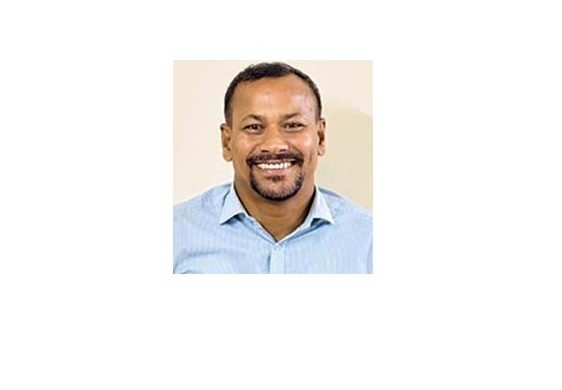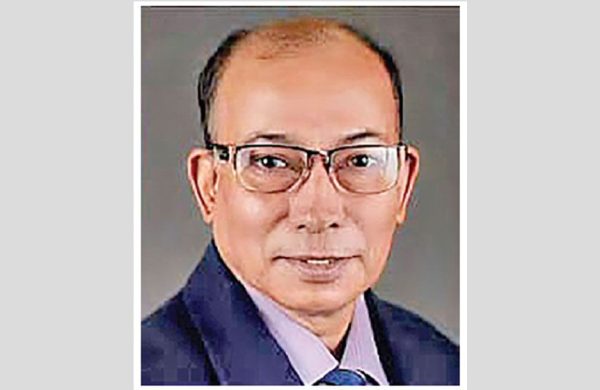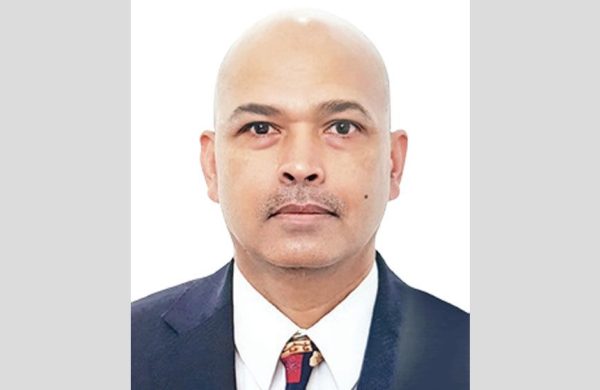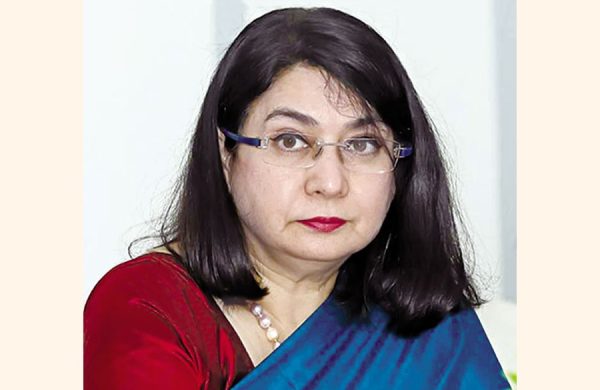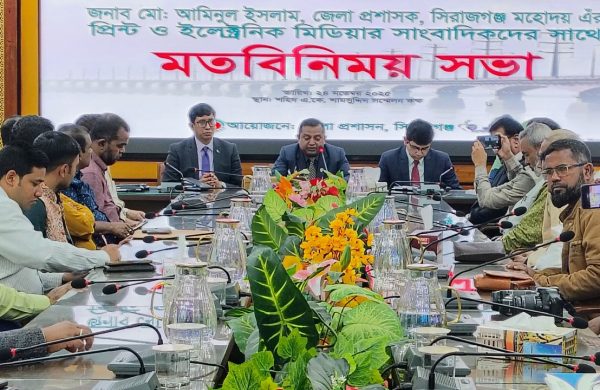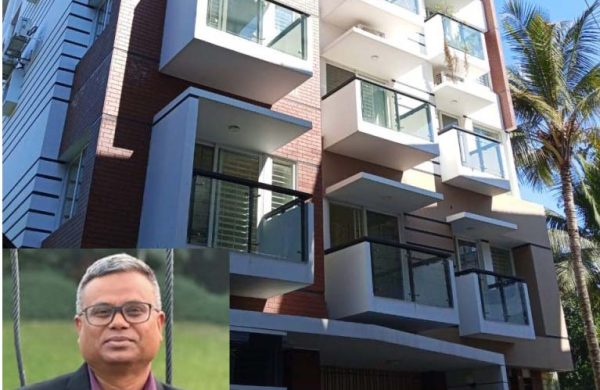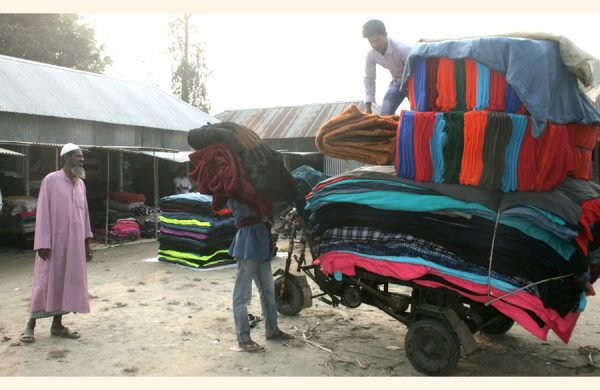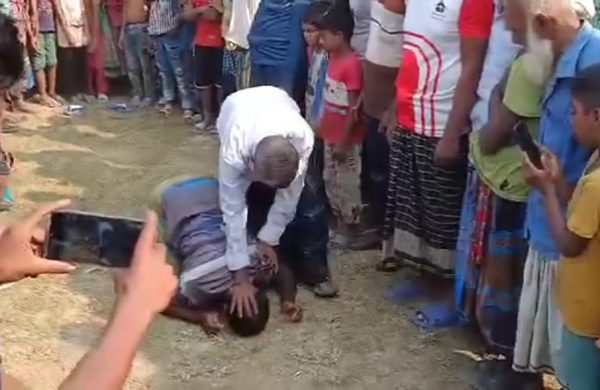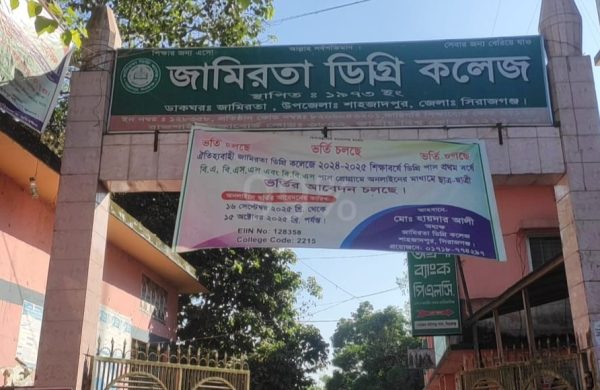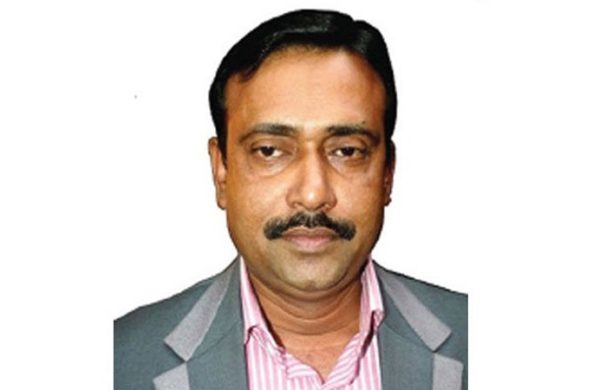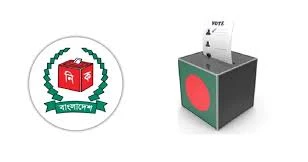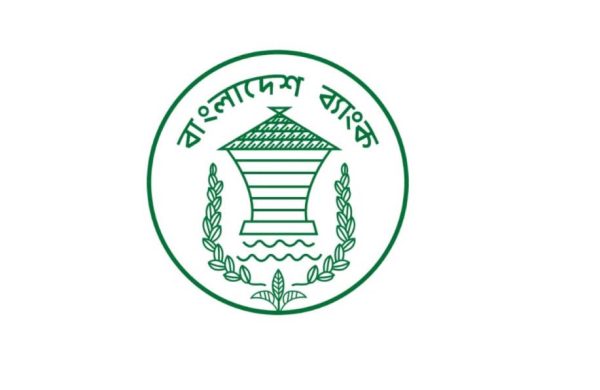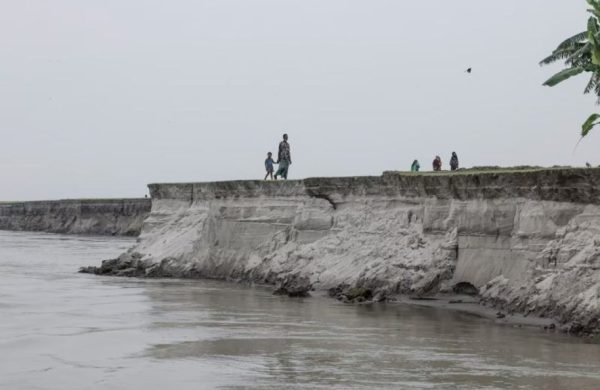Fears of a political earthquake
- Update Time : Sunday, November 23, 2025
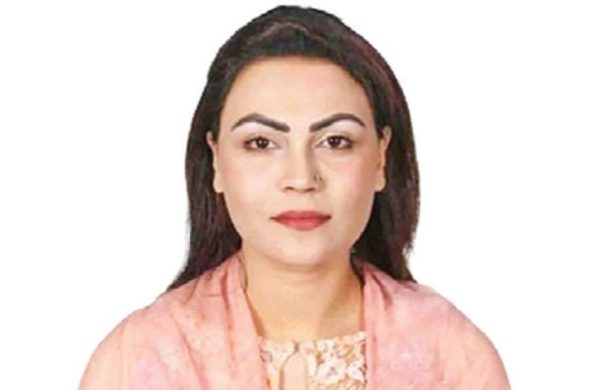
—Audite Karim—
On a Friday holiday morning, many people feel a bit lazy; some stay in bed even after waking up, while others sip tea and read the newspaper. On such a laid-back morning, Bangladesh suddenly shook. Panic-stricken citizens rushed outside, while many others took shelter in corners of their homes and prayed.
I am referring to the earthquake that jolted the country around 10:38am on 21 November. For many, this was the first experience of such intense tremors. Lasting only 26 seconds, the earthquake caused minimal severe physical damage overall but left a significant psychological impact.
Its epicenter was in Madhabdi, Narsingdi, right here in Bangladesh, serving as a reminder of how powerless we are against nature.
Earthquakes strike without warning, forcing us to live with uncertainty. Human-made disasters, however, can often be anticipated and prevented. Awareness and preparedness can mitigate natural disasters, and effort can prevent man-made ones.
Apart from the earthquake, the day – 21 November – was also an important day for Bangladesh. It was Armed Forces Day, celebrated as a symbol of independence and sovereignty, and in honour of the vigilant guardians of the nation. A reception programme at Senakunja was attended by the Chief Adviser Prof Muhammad Yunus, BNP Chairperson Begum Khaleda Zia, and other distinguished guests. In his speech, the Chief Adviser said, “With the February election, the journey towards a new Bangladesh will begin.”
Overcoming election related obstacles and conspiracies, the Chief Adviser is leading the nation towards democratic transition. Repeatedly, he has firmly stated three points – (i) the national election must be held in the first half of February; there is no alternative, (ii) the election will be the fairest and most vibrant in Bangladesh’s history, conducted in a festive atmosphere, and (iii) the government will remain completely neutral and assist the Election Commission in organising the election.
The people of Bangladesh are eager to exercise their right to vote, having been unable to do so in the past three elections. The world is watching closely, and diplomatic circles are already curious about the upcoming election.
The Election Commission (EC) is preparing in full swing, holding continuous meetings with political parties. Candidates across the country are actively campaigning, creating a nationwide electoral atmosphere.
Yet, a looming concern persists regarding the law-and-order situation. Citizens, political leaders, the EC, and the government all agree that maintaining security is the main challenge of the upcoming election. Without it, the election festival may lose its appeal.
Recent reports reveal that around 153 murder incidents have happened in the last month – more than five per day – most linked to political disputes. An incident of gun attacks during the campaigning of a candidate has been reported in Chattogram, and political parties are getting increasingly violent towards one another.
Illegal weapons remain widespread, including those looted from police stations on 5 August last year, and arms continue to enter through borders. Ahead of the election, criminal groups are resurfacing, seeking to re-establish dominance through violence. Extortion, land-grabbing, robbery, and other crimes have also risen nationwide, leaving ordinary citizens feeling helpless. Their only hope is the Army.
In this context, controlling law and order is the government’s most crucial responsibility to ensure a free and fair election. Without it, voters will feel unsafe and may refrain from going to the polling centres. Low voter turnout could trigger a legitimacy crisis, undermine international recognition, and potentially cause a political earthquake in Bangladesh.
The success of the July uprising’s democratic dream, and the referendum set to be held on election day depends on active voter participation. Low turnout could raise questions about the July Charter. As the Chief Adviser stated, a truly participatory election requires voters to attend spontaneously; so without proper security arrangement, it is impossible to make sure that the election remains festive or acceptable.
To guarantee this, law and order must improve – there is no alternative.
In the past, the caretaker governments primarily focused on improving law and order after assumption of office. All four caretaker governments focused initially on recovering illegal weapons. They then prepared lists of criminals nationwide and launched operations.
The interim government should also take such actions. The election, if held as scheduled, must happen by 15 February, leaving less than three months for preparations. Now, the government must focus on improving law and order, recovering illegal weapons, compiling nationwide criminal lists, and launching security operations. Without such steps, a proper electoral environment cannot be established.
Time is running out. A zero-tolerance policy on lawlessness is now essential. Public confidence must be restored while assuring citizens that they can vote safely. Without this, a political earthquake could shatter democracy and the nation’s aspirations.
———————————————————————–
Audite Karim is a writer and playwright. Email: [email protected]


